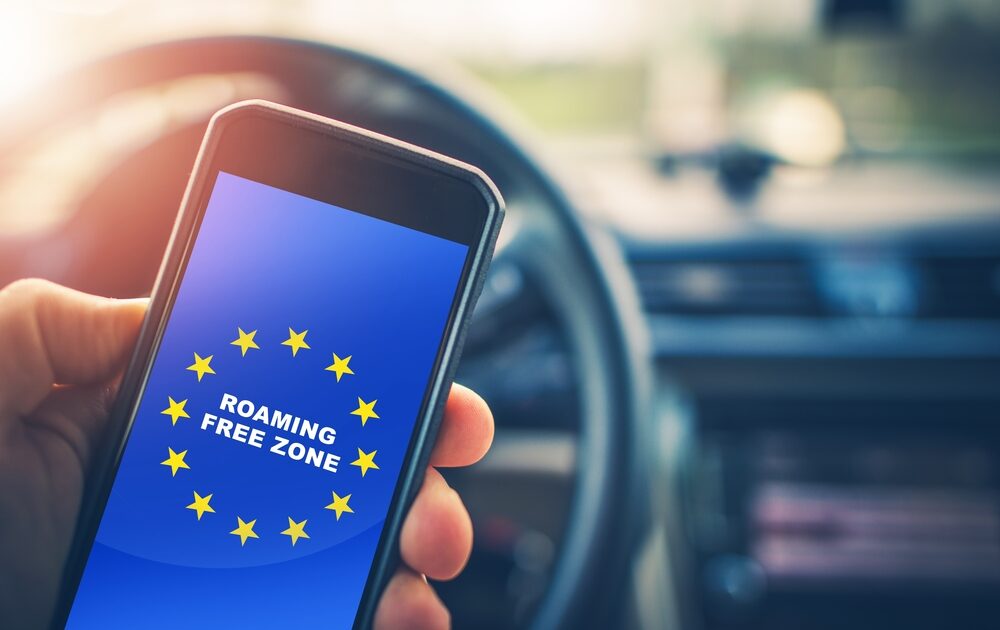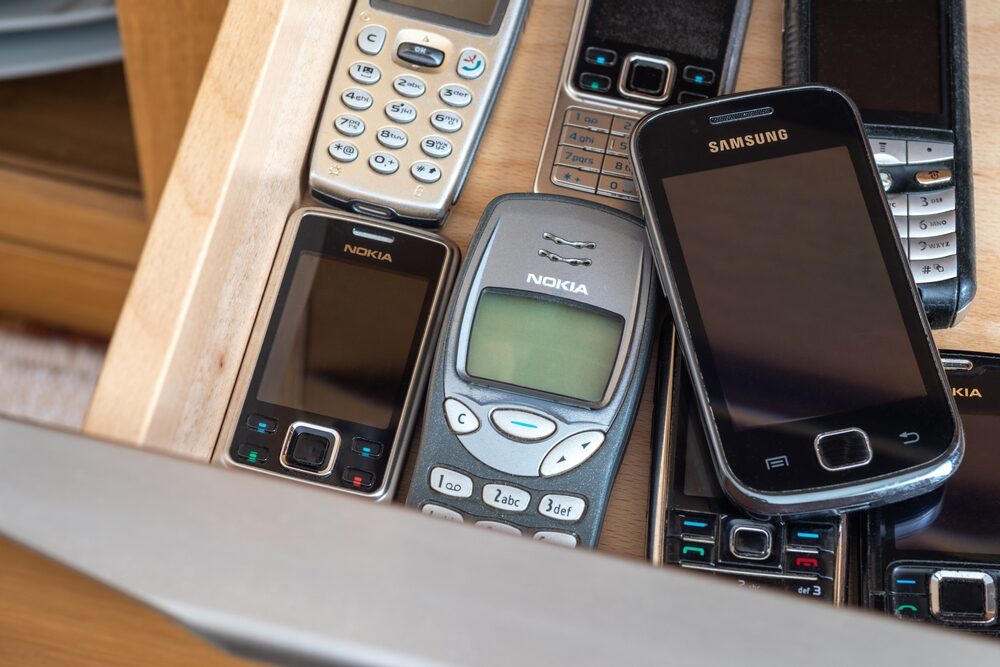
Ending roaming charges: A Luxembourg-led campaign for a more connected Europe
Scroll
Not long ago, travelling abroad required careful monitoring of your mobile phone usage to avoid sky-high bills. Those days now feel distant, thanks to a long-standing campaign led by a prominent figure from Luxembourg.
Scroll
From colossal bills to unrestricted communications across Europe
Mobile data roaming lets you use the data from your mobile plan on another provider’s network while abroad. In simple terms, roaming allows you to continue using your phone outside your local network, or home country, without service interruption. When traveling abroad or in areas where your provider lacks coverage, roaming connects your smartphone to another operator’s network. Before 2017, each call, text message, or megabyte of data used outside your home country came with extra charges. Mobile operators imposed steep roaming fees, penalising European travellers for using their phones abroad.
All of that changed after a decade of campaigning led by Viviane Reding, European Commissioner from 1999 to 2014, and later a Luxembourg Member of the European Parliament until 2018. As early as 2007, Reding began advocating for an end to roaming charges within the European Union (EU), highlighting the disparity between the cost of roaming for operators and the high prices imposed on consumers. After 10 years of negotiation and tireless efforts, the regulation finally took effect in 2017, eliminating additional fees for mobile phone use within the EU.
Viviane Reding: a key figure in the telecommunications revolution
The abolition of roaming fees was the result of lengthy negotiations between European institutions, national governments and telecoms operators. Viviane Reding faced strong opposition, particularly from mobile phone operators who feared losing revenue. Despite this, her perseverance paid off, as she convinced Member States and citizens that these fees were not only a barrier to European mobility but also to the creation of a single European market.
For Reding, the goal was to ensure that citizens could fully benefit from the EU’s free movement rights—whether for work, tourism, or study—without worrying about excessive telecom charges. As Reding herself noted, this reform strengthened consumer rights while promoting European integration. “It was a matter of justice and equality for all Europeans,” she stated after the legislation was enacted.
Which countries are covered by European regulations?
Currently, roaming regulations cover EU countries and the European Economic Area (EEA). This allows you to use your mobile phone at no extra cost in the 27 EU member states, as well as Iceland, Liechtenstein, and Norway. The UK, Switzerland and the Vatican are not covered by the regulation, but some operators offer free roaming in these non-EU countries.
How do I activate roaming?
Once you cross the border, simply enable the “Data roaming” feature in your smartphone settings: “Mobile networks” on Android or “Cellular data” on iOS. The foreign operator’s network will recognise you as a customer of a partner operator and automatically grant access to make calls, send texts or use mobile data.
The widespread agreements between operators now allow you to use your phone or tablet in nearly every country worldwide. To benefit from roaming in a specific country, your national provider must have signed an agreement with one of the local operators in the country you are visiting.
An important milestone in building a single digital market
Thanks to the determination of Viviane Reding, Luxembourg has played a key role in fostering a more connected Europe. This achievement has broken down communication barriers within the EU, making it easier for citizens, businesses and governments to connect. Today, the abolition of roaming charges marks a significant milestone in the creation of single digital market, where mobility and connectivity are accessible to everyone, regardless of borders.
The abolition of roaming charges is more than just an economic success. It symbolises a Europe that is committed to uniting people and addressing their needs. Thanks to the persistence of Viviane Reding and Luxembourg, Europe is moving toward a future where digital connectivity is a top priority, benefiting everyone.

